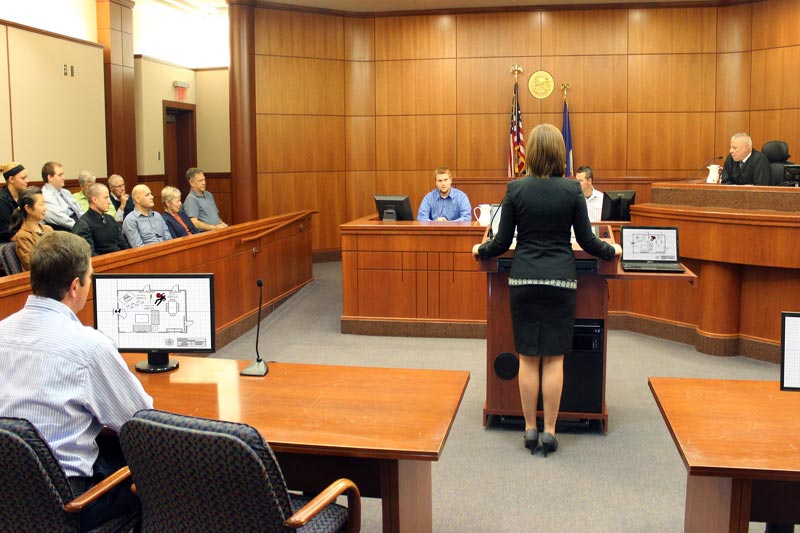Tag: Cross Examination
The Ten Commandments (of Cross) – Are They Still Good In Criminal Cases?

Famed prosecutor, criminal lawyer attorney, civil litigator and judge Irving Younger is well known for his “Ten Commandments of Cross Examination”. Lauded as some of the best advice ever for trial lawyers, are these rules to live by still valid for today’s modern courtroom?
Let’s take a look:
- Commandment 1: Be brief. Jurors are notoriously “short-memoried” and to have an impactful cross examination the jurors must remember the questions asked. Imagine the juror as a “cup” with a limited capacity to remember, if you overfill it, the juror will not remember whatever had drained down the side and spilled on the counter. Keep cross brief and impactful.
- Commandment 2: Short and Plain. In other words, jurors respond to short questions and simple language, lawyers do themselves no good using $64 words in long paragraphs. Talk like a real person and “real” people will understand you. The lawyer wants to convey that he may be an attorney, but deep down he’s the same as the juror, just a regular person.
- Commandment 3: Lead me, period. Lawyers should only ask leading questions on cross, they should try to put words into the witness’s mouth, to essentially testify for them. Never let the answer to one of your questions be anything more than “yes” or “no”.